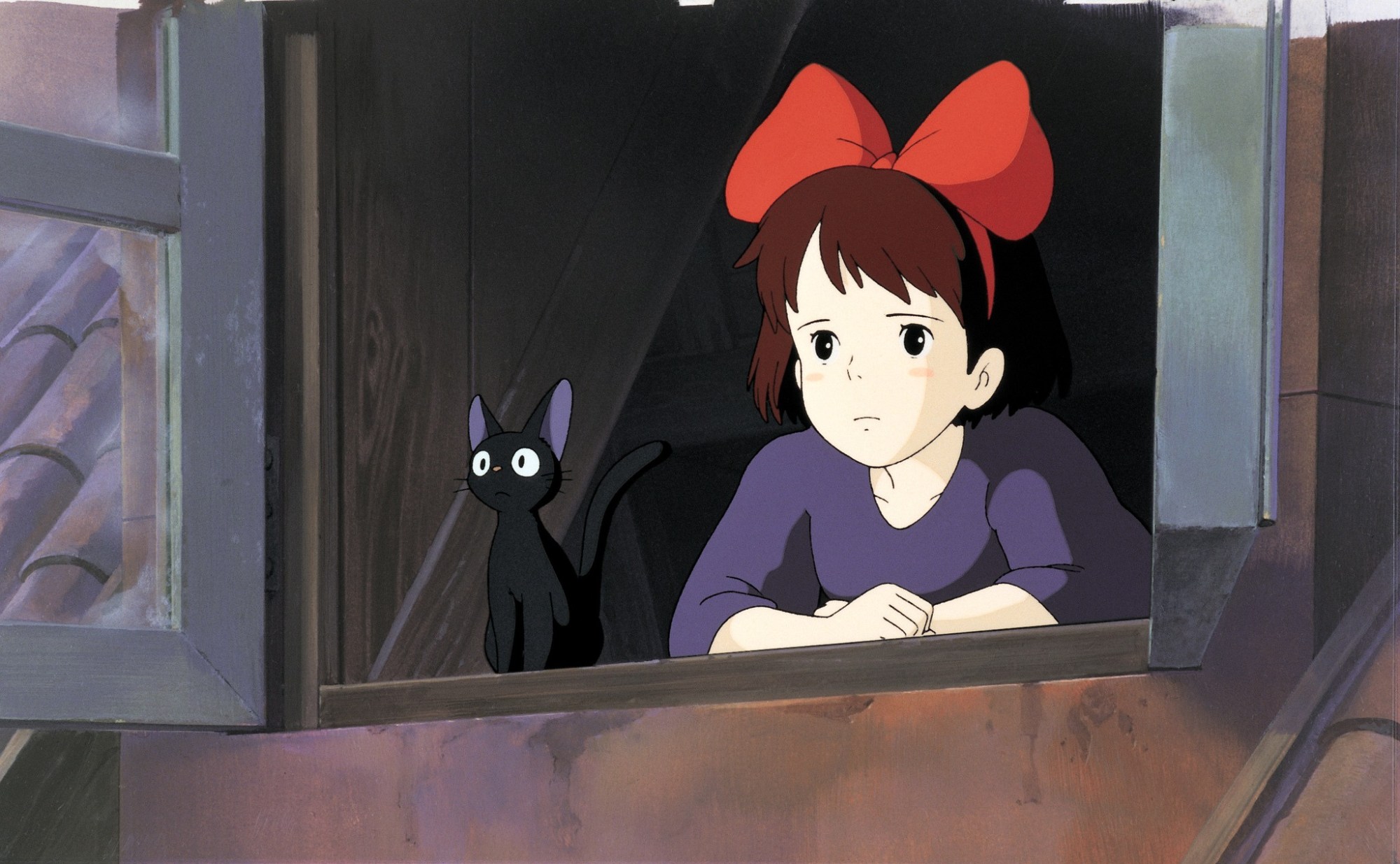There’s something rather disconcerting about waking up feeling galvanised and motivated, but yet staring out at the day in front of you knowing it’s empty and you have no plans. For some, it’s simply a symptom of their own poor-planning. But for many, it can provoke an existential internal conversation: Why haven’t I organised anything with anyone? Why has no one asked me to do anything? Then, there’s the question that makes you spiral: Does anyone actually like spending time with me?
Solitude likes to gnaw eagerly at our mental health — particularly when it’s not something we’ve asked for. Being ‘alone with your thoughts’ is so often framed as a dangerous thing but, moreover, it suggests that time spent with others is merely a distraction from ourselves. A way of getting through life by coping with our own problems rather than actively seeking to heal them.
Recently, I’ve started to wonder what my relationship with my alone time was like. I tried to figure out what I enjoyed doing when I had moments to spare — catching shows or exhibitions I was worried I might miss; places I wanted to visit; or movies approaching the end of their cinema run. I wondered whether doing these things would only be enjoyable if I had someone to discuss them with afterwards. Or if I’d look back on these moments and remember the company more than the art I’d wanted to see in the first place.
There is a two-fold definition of the word selfish: one is “lacking consideration for other people”, inarguably a negative trait, but the second leans towards something productive: to be “concerned chiefly with one’s own pleasure”. Sometimes being selfish is an act of healing or self-care. Rooting your own happiness in decisions that motivate your own sense of self worth can be a good thing.
What makes more sense is to practise a new kind of active solitude, one in which we stop seeing certain activities as off-limits unless they are done with other people. We can then end the pattern of forcing upon ourselves a feeling of missing out on things we’d likely enjoy, all because we’ve trained ourselves to believe we need a companion to do them with.
Having started to do this about six months ago, I’ve since felt less of a crushing sense of pain or rejection tied to my own loneliness. Make an agreement with yourself about what you’re going to do, regardless of whether or not someone else is keen to come with you. Perhaps gently, and if you’re in the mood for it, ask on your social media or in group chats if anyone in particular would like to join you.
And when you do ask, think about how you frame it: “I am doing X tomorrow. Does anyone want to come with me?”, rather than, “I really want to do X tomorrow, will anyone see it/do it with me?”. By placing your intentions rather than your desires at the centre, the idea of a dead inbox or rejections seem less callous. Your plans are already set in stone, all you’re asking is if anyone else wants to have that experience as well.
Often, the process of finding someone free at a certain time can be tedious, so much so that it can spoil the actual enjoyment of the experience itself. After you’ve exhausted every option, calling out to friends who continually seem to be busy doing other things, that sense of loneliness is exacerbated in the most torturous manner. But if you know you’ll be doing the same activity with or without them, the presence of other people then feels less important.
Of course, the suggestion here is not that cutting yourself off from the world is the answer to your own ailing happiness. Connections are important — vital even — but by understanding where they slot serendipitously into our lives, and where they’re placed purely for the purpose of our own validation, you might start to realise that you’re more capable of embracing your own loneliness than you once thought.
Follow i-D on Instagram and TikTok for more on mental health.

